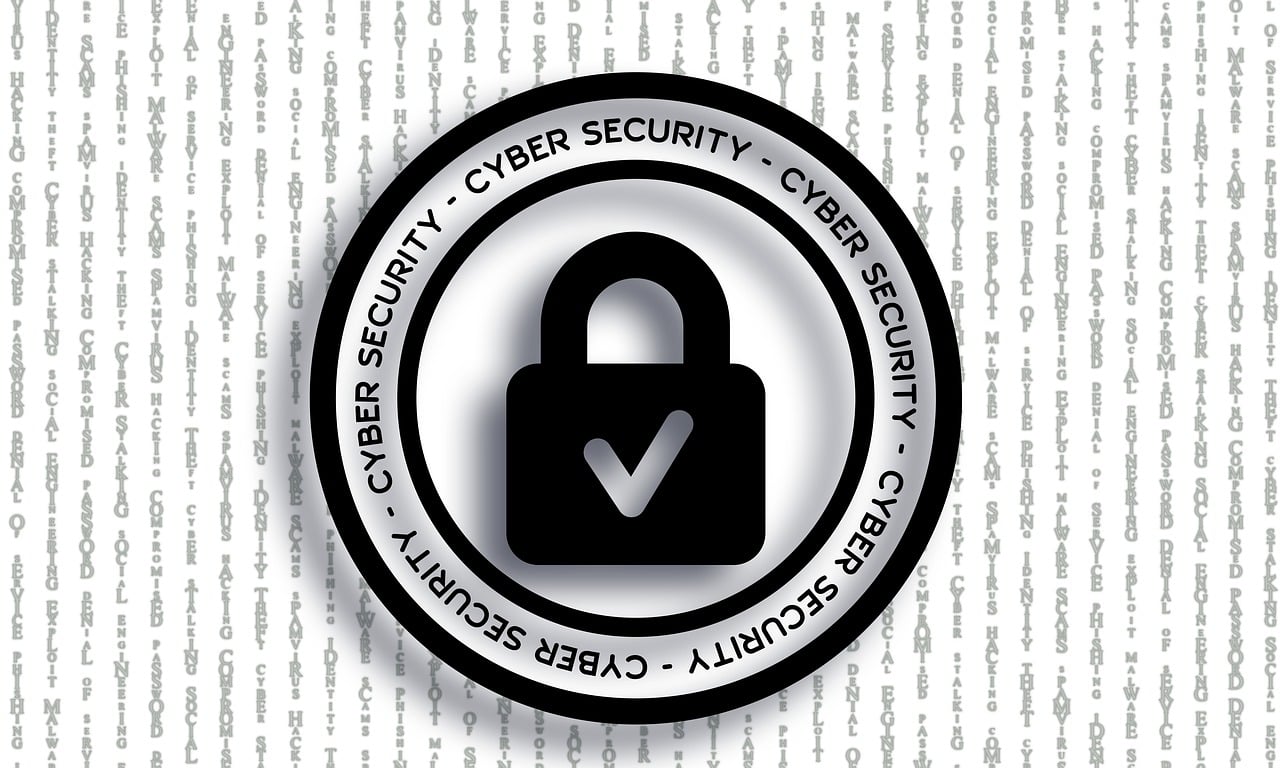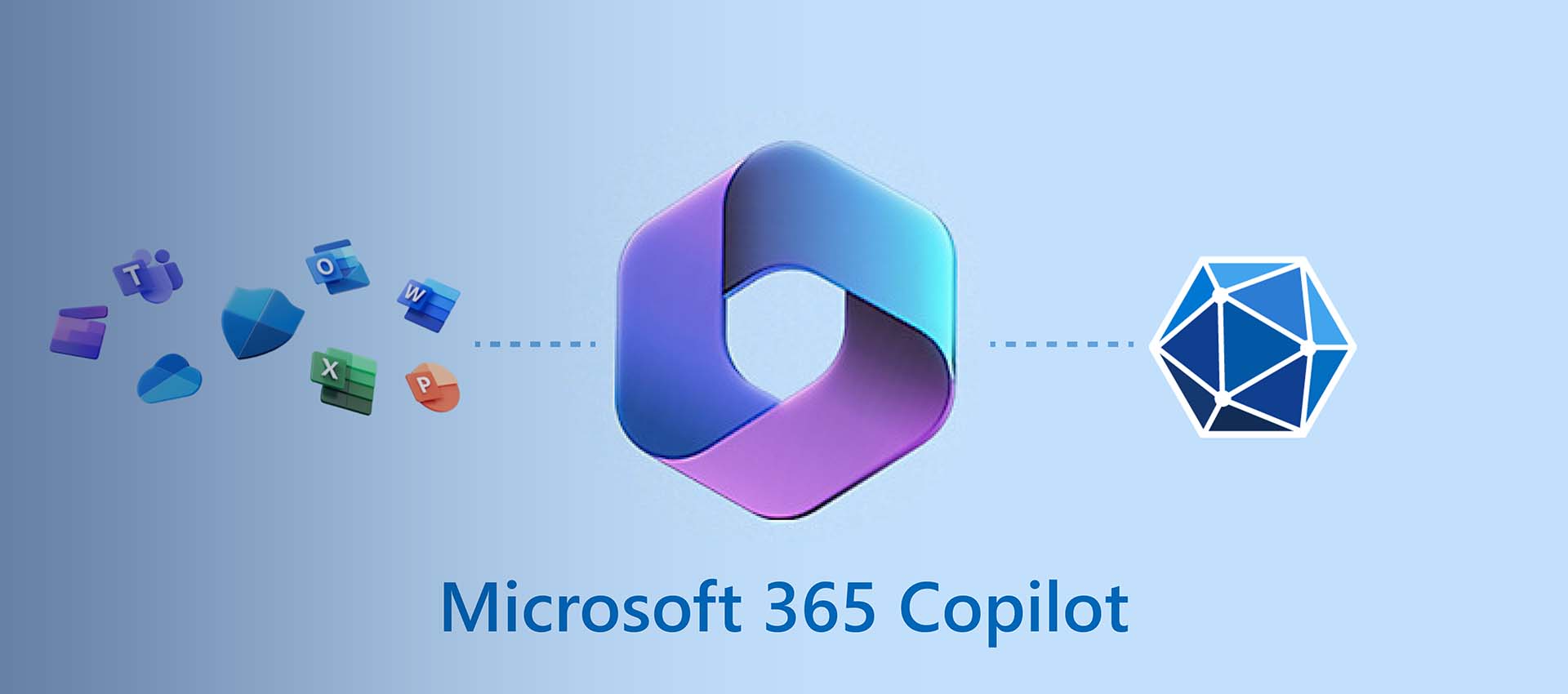Tax season is a crucial time for businesses, taxpayers, and cybercriminals alike. As firms and individuals trade a lot of confidential financial data, cyber threats escalate.
In the third quarter of 2023, the financial sector observed a huge number of cybercrimes that were twice the number of the previous year. Cybercriminals are paying increased attention to the finance industry, making it a target for cyber attacks, particularly during tax season.
Understanding the Threat Landscape
If you have to be well-prepared for cybersecurity, you need to know the types of threats that can manipulate your financial business data. Especially during tax season, finance firms are the prime target for a range of cyber threats, including ransomware, data breaches, and phishing attacks. It not only causes monetary losses but leads to loss of client trust.
Tactics, Techniques, and Procedures (TTPs) Used by Threat Actors
2024 Tax Season Phishing Campaign
Microsoft Threat Intelligence has already observed tax season phishing activity where threat actors used tricks to get HTML attachments downloaded. Here’s how it unfolded:
- Phishing Email: The email contained an HTML attachment directing users to a fake landing page.
- Blurry Webpage: The intentionally blurry webpage increased the likelihood of clicks. Once users click the “Download Documents” prompt, malware is installed on their computers.
- Malicious Executable: An information-stealer malware collected login credentials and other sensitive data.
So, to prevent these attacks, we are here with some cybersecurity must-knows for your financial business.
- Data Encryption Is A Must
Data encryption acts as an added security for protecting your sensitive financial details from unauthorized access. During tax season, financial firms handle a vast amount of data, including tax returns, Social Security numbers, bank account details, and more. Encrypting this data both in transit and at rest ensures that even if blocked, it remains indecipherable (inaccessible) to unauthorized parties.
Moreover, financial firms have a lot of compliances to deal with. Encryption facilitates some of them, ensuring that businesses adhere to legal requirements and maintain the trust of customers and stakeholders.
- Secure Networks Mean Secure Data
Secure networks are the key to keeping shared data across devices, cloud, and locations secure. When we consider keeping a watch on a business’s digital infrastructure from cyber threats, secure networks use varied technologies and protocols to protect against unauthorized access and malicious activities. You can opt for firewalls, intrusion detection systems (IDS), and intrusion prevention systems (IPS) that monitor your network traffic and respond to suspicious activities for detecting and mitigating potential threats.
- Be Aware of Phishing
Phishing remains one of the most prevalent cyber threats targeting the finance industry, especially during tax season. Cybercriminals often act as legitimate entities, such as tax authorities or financial institutions, to trick individuals into revealing sensitive information or clicking on malicious links. In your financial business, ensure to have complete employee training programs on recognizing and dodging phishing attempts to mitigate this threat.
- Multi-Factor Authentication (MFA) = Multiple Locks
Multi-factor authentication (MFA) is the extra layer of security needed to access your data including one-time passwords, verification codes, messages, single sign-on, and more. 60% of people in the finance and banking sector use multi-factor authentication. Implementing MFA in your network can reduce the risk of unauthorized access by a significant rate even if login credentials are compromised.
- Keep A Check for Regular Software Updates
When it comes to mitigating known vulnerabilities, software updates play a huge role in keeping your device and browser safe.
Cybercriminals can exploit operating systems, antivirus programs, web browsers, and other applications used within the finance industry. Therefore, having an automated software management process can assist you in ensuring timely security updates.
- Employee Training
As employees have access to major sensitive data, finance businesses must have comprehensive cybersecurity training in place that includes phishing awareness, password security, social engineering tactics, and incident response procedures. Regular training sessions and simulated phishing exercises help reinforce cybersecurity best practices and enhance overall security awareness among employees.
- Data Backed Up Always
76% of organizations have experienced critical data loss, and 45% of those businesses lost their data permanently as a result. Data backups are critical for ensuring business continuity and resilience against ransomware attacks, data breaches, or system failures. Financial businesses should implement regular backup procedures for all critical financial data and store backups securely in off-site locations. You must go for automated backup solutions and periodic testing of backup integrity for a robust data backup strategy.
- Have An Incident Response Plan
With cybercrimes on the surge, 40% of companies with 100 employees or less now have an Incident Response plan in place. We understand that you employ proactive cybersecurity measures to not get impacted by cybercrimes. However, you must prepare for the possibility of cybersecurity incidents. Developing a comprehensive incident response plan enables swift and effective responses to security breaches, minimizing the impact on operations, reputation, and financial stability. The incident response plan should outline roles, communication protocols, containment procedures, and recovery steps.
- Fulfil Regulatory Compliance
The finance industry is subject to various regulations and compliance requirements governing the security and privacy of financial data. Examples include the Gramm-Leach-Bliley Act (GLBA), Payment Card Industry Data Security Standard (PCI DSS), and General Data Protection Regulation (GDPR). Financial businesses must stay up to date with evolving regulatory requirements and ensure that their cybersecurity measures align with applicable laws and standards.
Ready To Enhance Your Cybersecurity Protection?
Making cybersecurity simple is key for businesses, and that’s where IT LAB shines as a Managed Security Service Provider (MSSP). We are like your cybersecurity ally, simplifying the entire process for you. With IT LAB, you get tailored cybersecurity solutions that fit your business perfectly.
Our team is always ready to jump into action if something does happen, so you can get back to business as usual fast. We are not just another service provider – we are your trusted partner, guiding you through the world of cybersecurity with ease. So, with IT LAB on your side, you can relax knowing your business is safe and secure.






